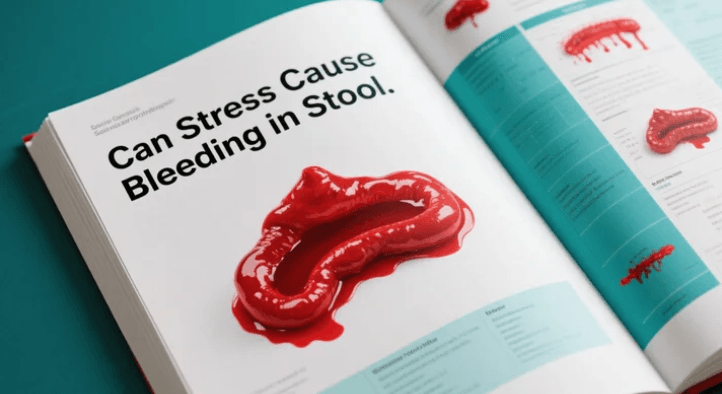Can Stress Cause Back Pain? The Mind-Body Connection Explained
Introduction
Back pain is one of the most common health complaints worldwide.
While physical injuries and poor posture are well-known causes, many people ask: Can stress cause back pain?
The answer is yes. Stress plays a major role in physical discomfort, especially in the muscles of the back and neck.
How Stress Affects the Body
When you experience stress, your body enters a fight-or-flight response.
This response increases muscle tension, raises cortisol levels, and affects blood circulation.
Over time, this constant muscle contraction leads to pain and stiffness in the back.
The Link Between Stress and Back Pain
Stress-related back pain usually manifests as:
- Tightness in the neck and shoulders
- Lower back pain
- Persistent muscle spasms
Psychological Stress and Pain Perception
Stress not only causes muscle tension but also heightens pain perception.
People under chronic stress may feel pain more intensely, making back pain worse even when physical issues are minor.
Managing Stress-Induced Back Pain
- Practice relaxation techniques like meditation or yoga
- Exercise regularly to release endorphins
- Maintain proper posture
- Seek massage or physical therapy if needed
When Stress Is Not the Only Cause
Although stress can cause or worsen back pain, other medical conditions like herniated discs, arthritis, or osteoporosis may also be responsible.
Persistent pain should be evaluated by a doctor.
Conclusion
So, can stress cause back pain? Absolutely. Stress and anxiety can lead to muscle tension and heightened pain sensitivity, resulting in discomfort.
Learning to manage stress not only improves mental health but also helps reduce stress-induced back pain.







BodyWave: Invest in Your Well-being!

